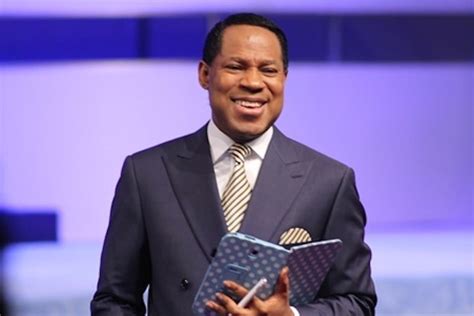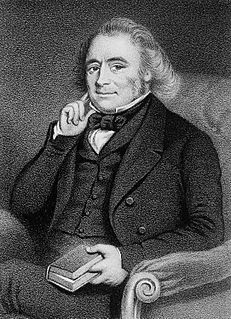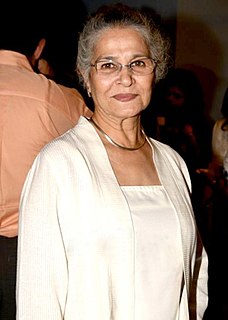A Quote by Marcus Vitruvius Pollio
If then, at this great distance, our human vision can discern that sight, why, pray, are we to think that the divine splendor of the stars can be cast into darkness?
Related Quotes
We're finally becoming aware of a process that has been unconscious since human experience began. From the start, humans have perceived a Birth Vision, and then after birth have gone unconscious, aware of only the vaguest of intuitions. At first in the early day of human history, the distance between what we intended and what we actually accomplished was very great, and then, over time, the distance has closed. Now we're the verge of remembering everything.
Now individual consciousness, as typified in human beings, has great advantages and great disadvantages. Individuality means a narrowing, and narrowness can be useful. It is good for close-up work. We have invented the magnifying glass and the microscope to narrow our vision, because narrowness makes for precision. But narrowness also makes for a failure of purpose, for exhaustion of the will; for purpose depends upon a broad vision, a clear sight of one's objective.
The slightest living thing answers a deeper need than all the works of man because it is transitory. It has an evanescence of life, or growth, or change: it passes, as we do, from one stage to another, from darkness to darkness, into a distance where we, too, vanish out of sight. A work of art is static; and its value and its weakness lie in being so: but the tuft of grass and the clouds above it belong to our own traveling brotherhood.
Commemoration of Brooke Foss Westcott, Bishop of Durham, Teacher, 1901 Be not afraid to pray... to pray is right. Pray if thou canst with hope; but ever pray Though hope be weak, or sick with long delay. Whatever is good to wish, ask that of heaven; But if for any wish thou darest not pray, Then pray to God to cast that wish away.
If the outer world is diminished in its grandeur, then the emotional, imaginative, intellectual, and spiritual life of the human is diminished or extinguished. Without the soaring birds, the great forests, the sounds and coloration of the insects, the free-flowing streams, the flowering fields, the sight of clouds by day and the stars at night, we become impoverished in all that makes us human.
There are, forever, swamps to be drained, cities to be created, mines to be exploited, children to be fed ... But the conquest of the physical world is not man’s only duty. He is also enjoined to conquer the great wilderness of himself. The precise role of the artist, then, is to illuminate that darkness, blaze roads through vast forests, so that we will not, in all our doing, lose sight of its purpose, which is, after all, to make the world a more human dwelling place.
We hear in these days of scientific enlightenment a great deal of discussion about the efficacy of Prayer. Many reasons are given why we should not pray. Others give reasons why we should pray. Very little is said of the reason we do pray. The reason is simple: We pray because we cannot help praying.

































